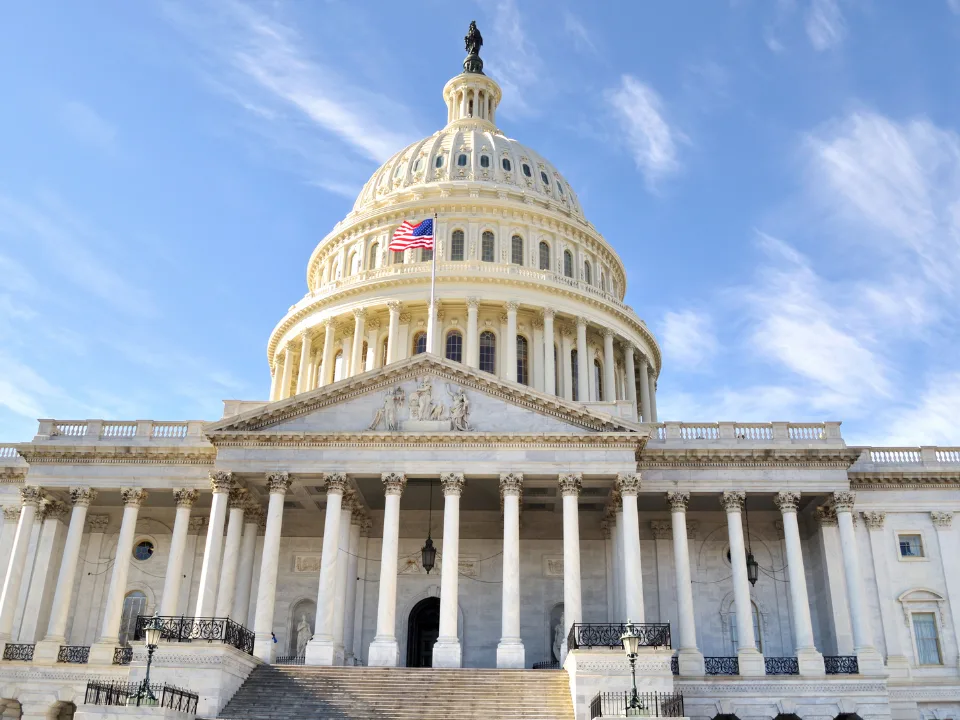- The House’s latest tax bill did not include changes to the tax treatment of carried interest, leaving its capital gains classification intact.
- Industry experts caution that the issue could be revived in the Senate during reconciliation or as part of legislative negotiations.
- Despite repeated bipartisan attempts to close the so-called loophole, powerful lobbying and modest fiscal impact have kept carried interest reform off the table.
Still Standing—For Now
According to Globe St, carried interest has once again dodged reform. The House’s recently released tax bill left the controversial tax treatment untouched, to the relief of many in commercial real estate and private equity. But the omission doesn’t guarantee long-term safety—especially with the Senate now preparing its own version of the legislation.
Inside Baseball, Outside Pressure
“This makes for great politics,” said Michael Greenwald of Berkowitz Pollack Brant Advisors. “Taxing carried interest like ordinary income sounds ominous—even if most people don’t know what it means.” That makes it a recurring talking point during budget season, even if action rarely follows.
Get Smarter about what matters in CRE
Stay ahead of trends in commercial real estate with CRE Daily – the free newsletter delivering everything you need to start your day in just 5-minutes
Strong Opposition, Weak Incentives
Carried interest has survived bipartisan efforts under three consecutive presidents. According to Javier Palomarez of the United States Hispanic Business Council, lobbying from private equity and venture capital has kept reform attempts at bay. Meanwhile, the Congressional Budget Office estimates taxing carried interest as ordinary income would raise only about $11.5B over 10 years—a relatively minor amount in the context of trillion-dollar deficits.
A Political Bargaining Chip
“There’s no immediate need to raise revenue,” Greenwald noted, referencing the Senate’s current $3.8 trillion deficit projection over the next decade. But if lawmakers need to make a trade to secure votes or fund other priorities, carried interest could be back on the table.
What to Watch
If the Senate tax bill starts to include new revenue-raising provisions—or if behind-the-scenes dealmaking intensifies—expect carried interest reform to resurface. “It’s in their back pocket,” Greenwald said. “It’ll show up in mock-ups if it’s going anywhere.”
For now, the loophole survives. But the fight isn’t over.

















